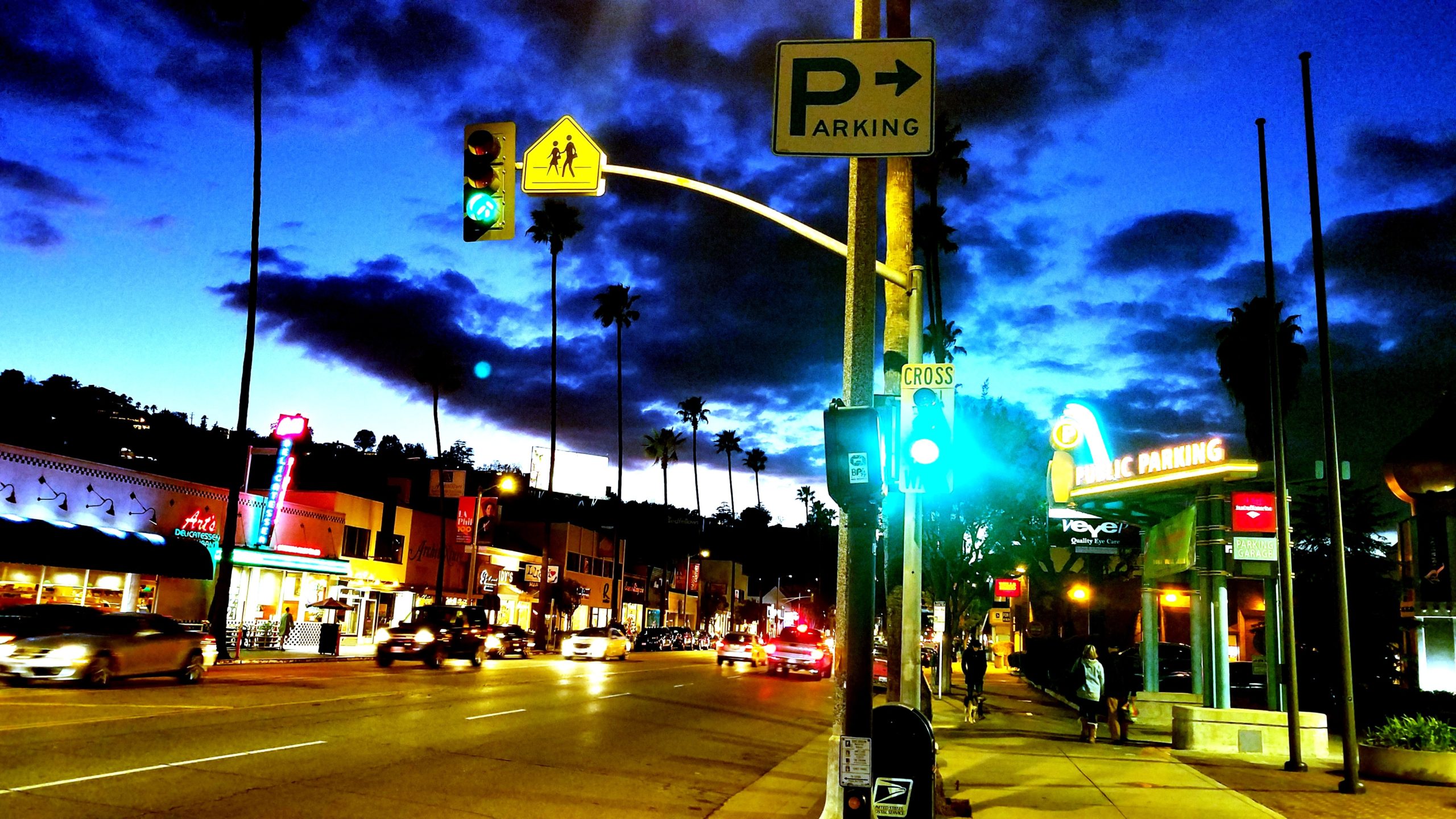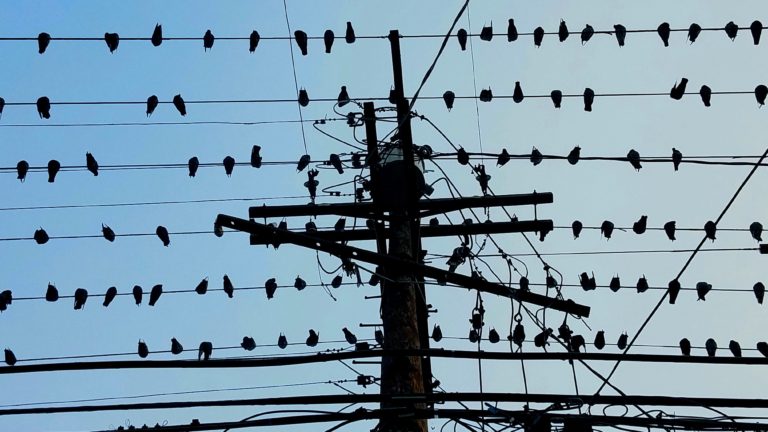James Collector-Fiction
Even though we live in a city, Lee’s warmth makes it feel like a village somehow. In a village, there...

Hello Again
I live quite close to a grocery store. I just walk over and grab what I need for dinner. There’s no need to plan ahead since I can come back the next day. With such a busy life and stressful job, it’s a luxury to have this kind of casual relationship with grocery shopping.
Of course, I know all the checkout clerks by now. The most friendly clerk is named Lee. She will say things like, “See you next time, my friend.” I’m sure she says that to all the customers. Her eyes are bright, her smile is genuine. I suppose Lee is in her late thirties. She has mentioned that she has children. There is something wholesome about her. It’s not just the ponytail and maroon apron she wears, it’s the unspoken dignity and kindness she brings to commonplace interactions.
I like Lee. I think the feeling is mutual. “Hello again,” she always says, as if to acknowledge the rapport we’ve built. I’m a regular here after all. At some point, it felt natural to reply to her, “Okay, my friend. See you soon.”
Even though we live in a city, Lee’s warmth makes it feel like a village somehow. In a village, there would be less of a class divide. Lee might be the checkout clerk, but we would see each other in the square, maybe at the pub. I would buy her and her husband a drink.
But it’s not a village at all, this city, no definitely not. The stress of making a living weighs on us all. There are evenings when I only buy microwave macaroni & cheese with a tall beer, when I don’t have energy to cook, much less return Lee’s cheer with a smile. When that happened last time, I walked out of the store feeling a pang of guilt. I knew she felt my distance.
A few days later, I tried to make up for my lack of joviality by asking her a personal question as I bought bananas “Do you have any vacations planned this summer?” But now she was the one who seemed distant. She shook her head, avoiding eye contact, and said, “See you next time.” Did she forget to add, “my friend?” Or was it intentional?
It seemed that our rapport has been shattered. And I felt disappointed to think that one or two cold interactions reduced us to strangers again. I couldn’t apologize; it was too late for that. I couldn’t ask her if she wanted to talk about it on her break—that would be inappropriate. Ours is literally a transactional relationship. I was overthinking it. I tried to let it go.
But I couldn’t let it go. Our unresolved distance followed me like a dark cloud down the grocery aisles, reminding me that the person with whom I ostensibly trade money for subsistence, the face of the source of my nutrition—remained a stranger. Who was I to cross the unspoken line that exists between customer and grocery store clerk? We were never close enough to share deep feelings. She was professionally greeting me as I paid for cereal and milk, not signing up to communicate complex interior feelings.
As this impenetrable, unbridgeable reality begun to sink in, I realized that what I was feeling is called alienation. I never read much Marx but I know he described an alienation that occurs in industrial civilizations. That’s it. I was alienated from my grocery clerk. Worse still, I was alienated from the land on which my lettuce grows, from the people who plant and harvest said lettuce, and the ones who transport it to my neighborhood store. Division of labor is divisive.
So much for the village. So much for ‘hello again.’ I tried shopping at the big supermarket with the self-checkout machines. I bought my groceries without speaking to a single human being. The machine played a recording of a woman’s voice, thanking me for my purchase.
In the following weeks, I went back to my neighborhood store, but I didn’t see Lee at all. Perhaps she had found another job elsewhere, abandoning me to forge a new relationship with a new grocery store checkout clerk. I prepared myself to start over.
But then one evening, I ran over to the store for toilet paper and there she was.
“Hello again,” she said warmly.
“Hi Lee.” I could barely contain my joy.
“I just got back from vacation.” Her eyes were shining. She looked tan. “It was so nice. My in-laws have a lake house.”
“Yes,” I said, nodding vigorously. “I love lakes.”
She laughed and handed me my receipt.
“See you next time, my friend.”
“Okay, my friend. See you soon.”
Walking out of the store, I was practically hugging my bundle of toilet paper. We were back in the village. My sense of alienation had vanished. In its place, I could see how our relationship is where the rubber meets the road to personal growth. It is so much more than “Hello again.” It’s a kind of synecdoche for spiritual work—these ongoing relationships, how we relate to the people we see everyday, this is where the beauty lies, this is where all the joy occurs, where ideas are exchanged, jokes are told. There, in the grocery store checkout line, life happens.



